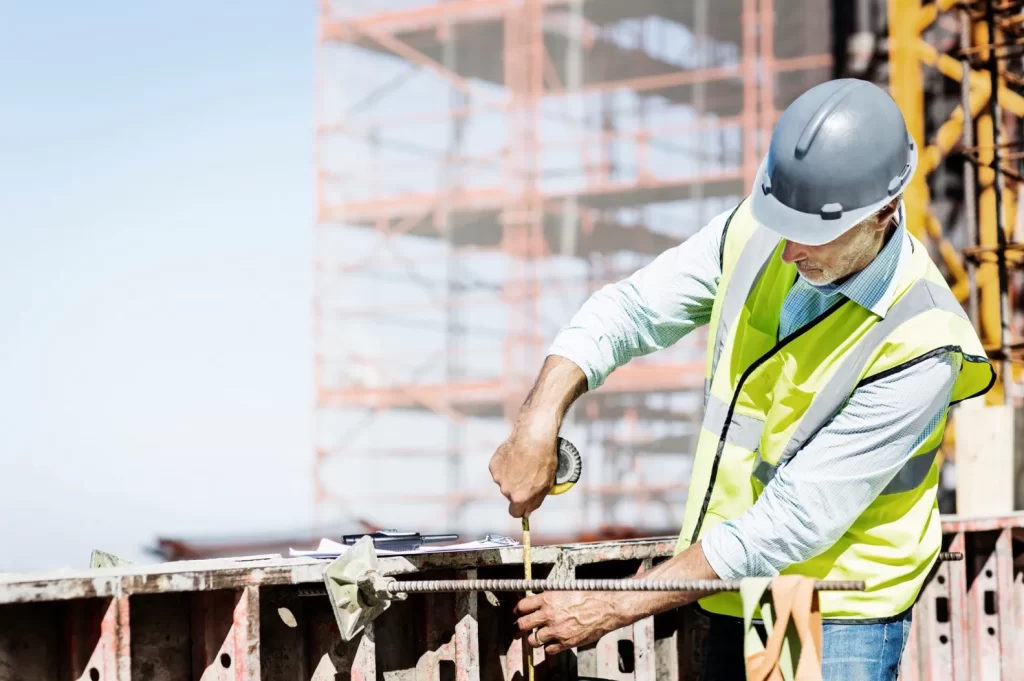Design Evaluation Reports for Specialist Disability Accommodation (SDA) are an important aspect of creating safe housing for people with disability in Australia. The National Disability Insurance Scheme (NDIS) provides funding for eligible participants to access SDA, which is housing that is designed to meet the specific needs of people with disability.
The design of SDA is crucial to ensure safe housing that is suitable for people with a range of disabilities, and that it meets relevant regulations and standards. Design Evaluation Reports are used to assess the effectiveness and suitability of the design solution, and to ensure that it meets the needs of people with disability.
Usability is one of the key criteria that Design Evaluation Reports assess. Usability refers to the ease with which people can use the accommodation. For example, an SDA that is designed for people with mobility impairments should be easy to navigate and have appropriate facilities, such as ramps, grab rails and lifts. Usability can also refer to the ease with which people with different disabilities can interact with the accommodation. For example, an SDA that is designed for people with intellectual disabilities should be easy to understand and use, with clear signage and visual aids.
Functionality is another important criteria that Design Evaluation Reports consider. Functionality refers to how well the accommodation meets the needs of its residents. For example, an SDA designed for people with sensory impairments should have appropriate lighting, acoustics and temperature control. The accommodation should also be designed to support residents’ independence and privacy, while also ensuring that their safety and wellbeing are protected.
Aesthetics are also important in SDA design. The design of the SDA should be visually appealing and create a welcoming and comfortable environment for residents. This can include considerations such as colour schemes, lighting, and decor. Aesthetics can have a significant impact on the well-being of people with disability, as they can help to create a sense of home and improve their mental health and emotional well-being.
Compliance is also a key criteria that Design Evaluation Reports assess. The design of the SDA must comply with relevant regulations and standards, such as the Building Code of Australia and the Disability (Access to Premises – Buildings) Standards. This ensures that the SDA is safe, accessible, and meets the needs of people with disabilities. Compliance is important not only to ensure the safety and wellbeing of residents, but also to ensure that the accommodation is sustainable and cost-effective in the long term.
In addition to these factors, Design Evaluation Reports for SDA may also consider other factors such as sustainability, cost-effectiveness, and cultural sensitivity. Sustainability refers to the impact of the design on the environment, and can include factors such as energy efficiency and water conservation. Cost-effectiveness refers to the affordability of the accommodation, both in terms of construction and ongoing maintenance. Cultural sensitivity refers to the design of the accommodation to meet the needs of people from diverse cultural backgrounds, including Aboriginal and Torres Strait Islander people.
Design Evaluation Reports for SDA are typically created by qualified professionals with expertise in disability housing and design. This may include architects, building surveyors, and disability access consultants. These professionals work closely with the NDIS and other stakeholders to ensure that the design of the SDA meets the specific needs of people with disability and is in compliance with relevant regulations and standards.
Overall, Design Evaluation Reports for SDA play a critical role in ensuring that housing for people with disability is safe, accessible, and suitable for their unique needs. These reports provide a comprehensive assessment of the design, highlighting any issues or areas of improvement, and providing recommendations for how to address them. By creating effective and suitable housing solutions for people with disability, we can help to improve their health and well-being, and enable them to live full and fulfilling lives.
